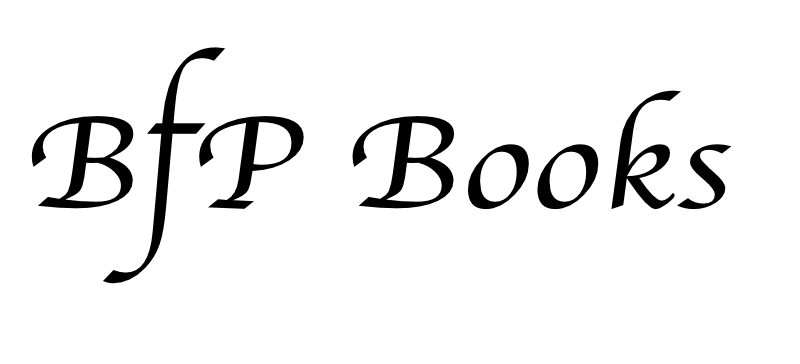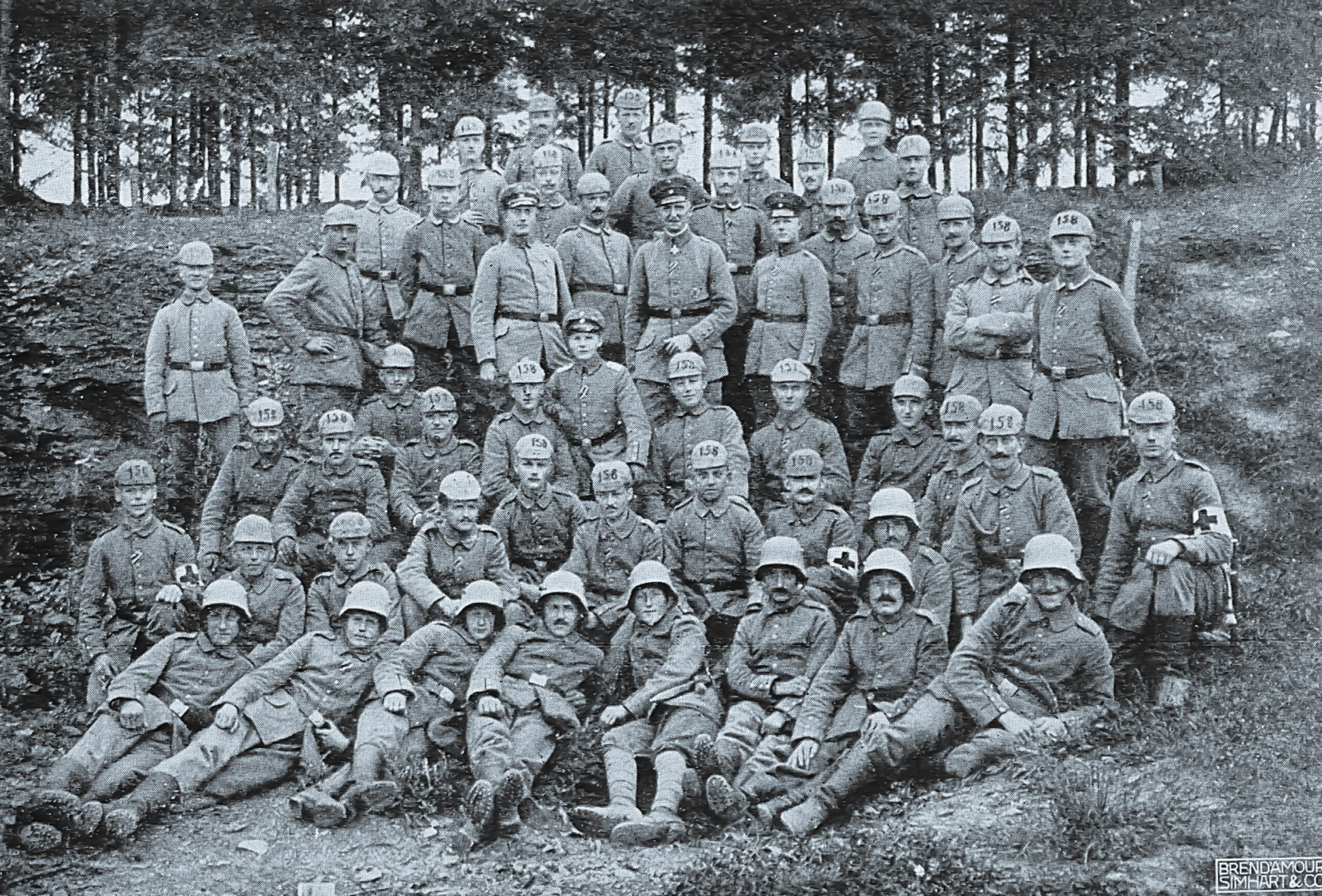Lost in translation. Fighting for the Fatherland
I am lost in a translation.
Impossible not to be moved by sentences like these; “We have already forgotten the five days when death chased us around like a fiend.”
“It was touching to see how some soldiers searched the fields and gardens in the nearby villages for flowers to lay as a final gift on the graves of ‘their lieutenant’.”
I have just finished translating a German book called “Fighting for the Fatherland 1914” and the quotes above come from that book. With the 100th anniversary of the Great War approaching in 1914, I am involved with a lot of books about WWI at the moment, so I have a multitude of opportunities to contemplate the panorama of human emotion that infuses war. War does that, of course; it compresses and intensifies human experience so that within those years of conflict every emotion and action from A for anger to Z for Zany can be found. (Yes, I did hover for a moment, wondering if anyone would notice if I spelt Xenophobia with a ‘Z’.)
Hardly has the book begun before the subject of propaganda raises its hydra-head as it does in every war in recorded history; Hail Cesar! Boasting and chest thumping, some excessive some less obtrusive, is certainly part of the lethal war game; in wartime, nations behave like stags waving their antlers. Understandable, but that behaviour can stop the blood flow to common decency, pity and humanity. Mostly. It even prevents a swift ending to the war as everyone is steeped in propaganda’s main effusion; Hatred. Yet despite this propaganda element, the personal situations behind the words in an old book give the enterprise of translation its validity, apart from the historical value of the texts; preserving the writing for research etc. We are sophisticated enough nowadays are we not, to be able to sieve the wheat from the chaff and so absorb some of the atmosphere of a time before wall to wall information washed over us. I dare to surmise that propaganda in WWI was not as sophisticated as it was in WWII. I may soon stand and be corrected.
This quote illustrates very well the point about how emotions are exaggerated for propaganda purposes;
“But perhaps this undertaking (a German U-Boat attack) was too reckless?
Yes, certainly. But no task was too difficult for German courage and every one of the brave sailors would certainly be happy to risk his life for the honour and glory of the Fatherland.”
Yet the tendency to glorify sacrifice was not confined to the Germans. I was delighted to find this from the magazine “Punch” sending up the English attitude to war and fighting! Wonderful! And sadly not two steps removed from the attitude of the desktop colonels of the time:
“We now know what German Kultur (sic) means: but of the soul and spirit of England she (Germany) knows nothing. Least of all does she understand that formidable and incorrigible levity which refuses to take hard knocks seriously. It will be our privilege to assist in educating our enemies on these and other points . . .
Feed them (the English) like princes and pamper them like babies, and they’ll complain all the time. But stand them up to be shot at and they’ll take it as a joke, and rather a good joke, too.”
Tallyho!
Well, isn’t that so very English in its absurdity. Made me laugh anyway.
And yet, even as I laugh, now, one hundred years later, it is difficult to translate the words of triumph from the German side; the Allies did the same, of course; it is painful to see how war reduces humans to symbols of whatever anyone wants to make them, so that killing becomes a diluted act, unconnected to the people ordering and carrying out the killing. It is watered down with weasel words to become an action that can be more readily excused, more easily relegated to that murky, secret place where we shove responsibility for actions we know we should not have taken.
The German submarine the “U9” was prowling the southern end of the North Sea on the eastern English coast. It came upon three English cruisers. Two English ships were torpedoed and the sailors were drowning or clutching to flotsam and jetsam in the rough northerly seas. The German report of the encounter gloats: “The men thought that they could now take shelter on the remaining ship “Cressy” and comforted themselves with the thought that at least one of the proud British ships had escaped destruction by the invisible enemy.” The third ship would also soon be sunk. “The heroes were welcomed home with indescribable cheering. Soon, the men had Iron Crosses to decorate their chests. Their photos, and especially the photo of their brave commander Otto Weddigen, who is just 32 years old, were in all the newspapers and magazines and shone out at us from the cinema screens.” More than 1,400 sailors were lost that day. Reading this caused one of my frequent ‘pondering moments’ when I pause in translation to allow the words make the connections to reality in my mind. Always sobering and sad. I feel so very fortunate to have avoided all of this.
Notwithstanding those moments, I enjoy translation enormously. I am forced to learn; about the subject matter apart from anything else. So it may be that I am be staving off senility despite myself, by turning a German sentence into an English one. Translating forces me to concentrate and be precise. (I was also inspired to finally look up what flotsam and jetsam really meant. Did I do that at school? Did I ever know what they really meant? I used the words often enough. I do now, thanks to that marvellous invention the dictionary: “Flotsam is floating wreckage of a ship or its cargo. Jetsam is part of a ship, its equipment, or its cargo that is purposefully cast overboard or jettisoned to lighten the load in time of distress and that sinks or is washed ashore.”) Confess, you weren’t certain either?
The crew of the U9 c. 1914 by Willy Doss.
I also learned this from the report of one American journalist in France: “We were sitting in a cafe one evening (in Ostend, Belgium) talking to the (German) officers. They told us that they would be in London in four weeks.”
I had never realised that the Germans harboured any intention of reaching London! I must find out more about that intention.
There you go. Translation will keep the contents of my skull useful for a while longer.
But back to the path of righteous translation. I met my match. I confess; after millions of German words manhandled . . I mean, carefully crafted into English. Yet as I gazed at the delightful word “Funkenheizer”, I was grateful to find that I was not the only translator in the world needing to prize a meaning from the recalcitrant noun; some words are like that, like a mussel clamped fast to a rock; its the devil’s own job to part it from its resting place and look at it from all sides. If you don’t do that, however, and brilliantly edge around the word, it will sit there for ever mocking you silently as the one that defeated you, so you may as well spend the time searching now. Is it a great substitute for, you “stinker”, perhaps? “Don’t darken my digital world again you funkenheizer!” Someone would know, surely. I will put you out of your misery. I have translated the word “Funkenheizer” as “Electrical mechanic” on a U-Boat.
You really wanted to know that . . . Its a shame that it didn’t mean stinker, I’ve never used that word in a translation. Makes me wonder what wondrous words other translators get their terrier teeth into.
In this Great War book, there are many sections that make me wonder about life in the midst of death. It would be strange if it did not. I am struck by admiration and sadness, by the human spirit that tries to glean some sense of usefulness for this appalling waste that is war. I am struck by how far warfare has progressed when in 1914, a bomb crater can be described as a “giant hole” of 16.4 x 32.8 feet; and it was worth mentioning that it went down 3 feet deep! What an explosion! Zut alors! My attention is drawn by an attack on the town of Ostend on the coast of Belgium and how the inhabitants are horrified by 3 small bombs dropped from a Zeppelin. The text describes how terrifying the Zeppelin was to them, hovering eerily in the darkness. Almost laughable in comparison to the terrifying objects that fly in the air during war nowadays.
And this is one of the lessons I have learned from the present translation: There was an absolute sense of responsibility that we seem to be so good at evading nowadays. The word “banker” slips into my mind; call me hard to please if you will – yes you will. But financiers are only a recent, extremely brazen example. Just imagine that THEY took responsibility for their actions in this way:
“One French major who saw his battalion running away, stood up on the bank of a trench and shot himself.”
Incredible. That major showed the financial “whizz kids” (how ironic is that description!?) and politicians of the world a lesson in leadership. No excuses. Vive la responsabilité.
Anyway; thanks to this book I went to Verdun with the soldiers, to the Masurian Lakes in northeastern Poland chasing the Russians, to Serbia, and I heard “Big Bertha” detonate; it is odd, and feels almost traitorous to watch the war from the enemy side of the trench. But fascinating and immensely (in)formative.
I will finish up with a quote, too. From a moving description of the aftermath of battle. Would that this kind of report had ended with the Great War.
“They brought up a friend of mine, a young lieutenant, his chest brown with dried blood, his pistol still in his hand. Just before the battle started, we had emptied my field bottle and chatted, laughing.”
Just another young man’s life too easily thrown away by war.
PS. I’ve just been reminded of M. C. Escher’s “Ascending staircase”. Seems to me to epitomise war; you get to what you think is the top, the end, but no, there is another flight still . . .
PPS. I hope that “Fighting for the Fatherland 1914” might also throw up a few names that amateur genealogists would find useful. I would like to hear about that connection to the past.
An interesting picture of the station at Avricourt mentioned in the book and a snippet about it’s importance after the 1871 Franco-Prussian War can be found here;
http://www.sarajevo1914.com/avricourt.html
Great WWI resources;

